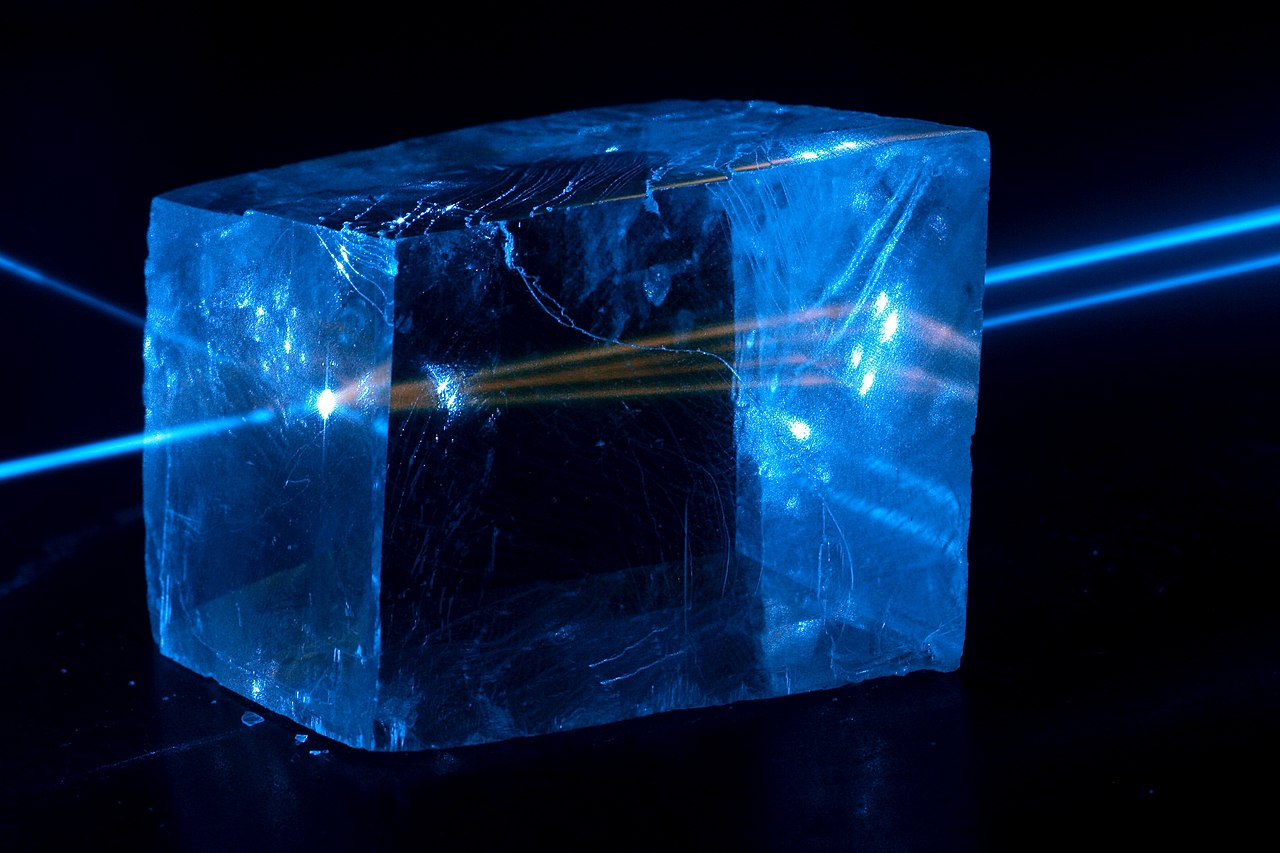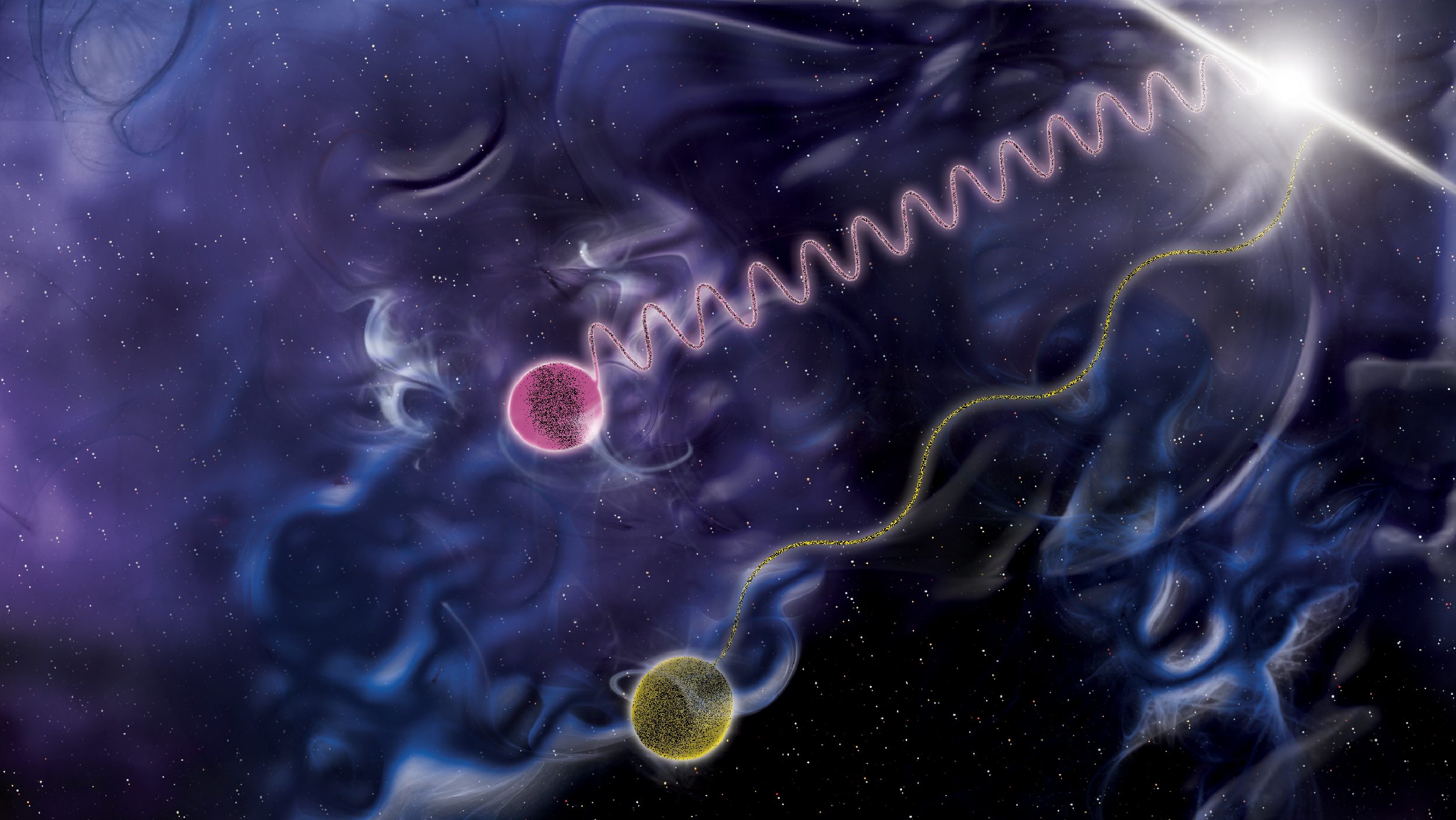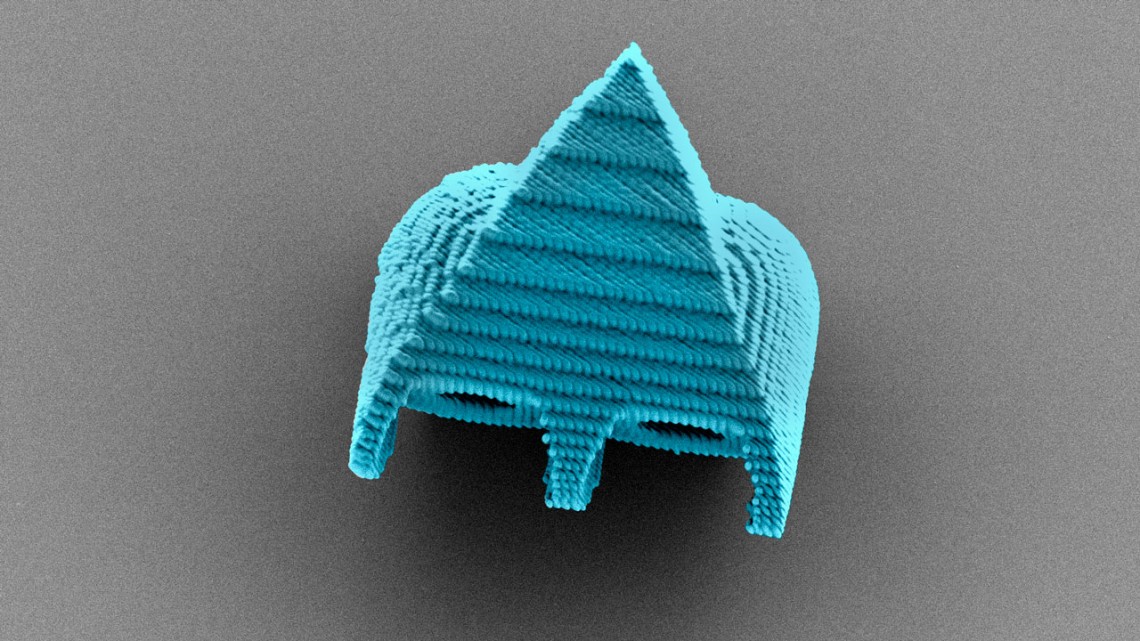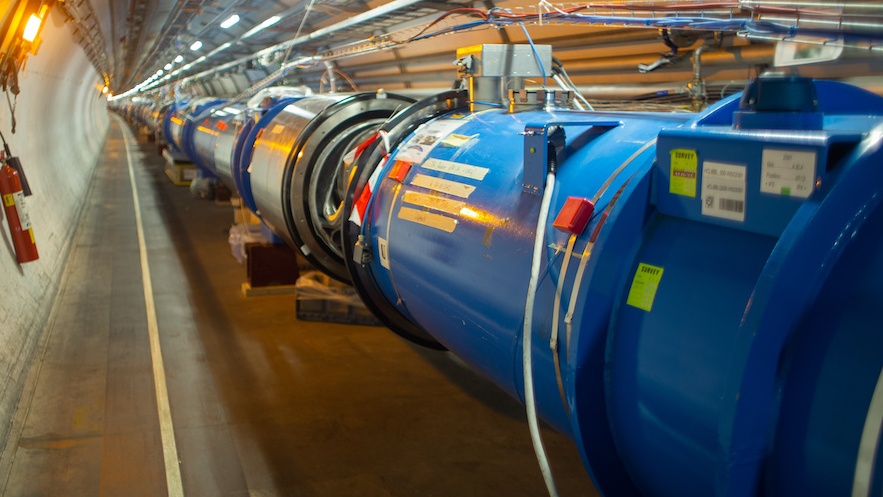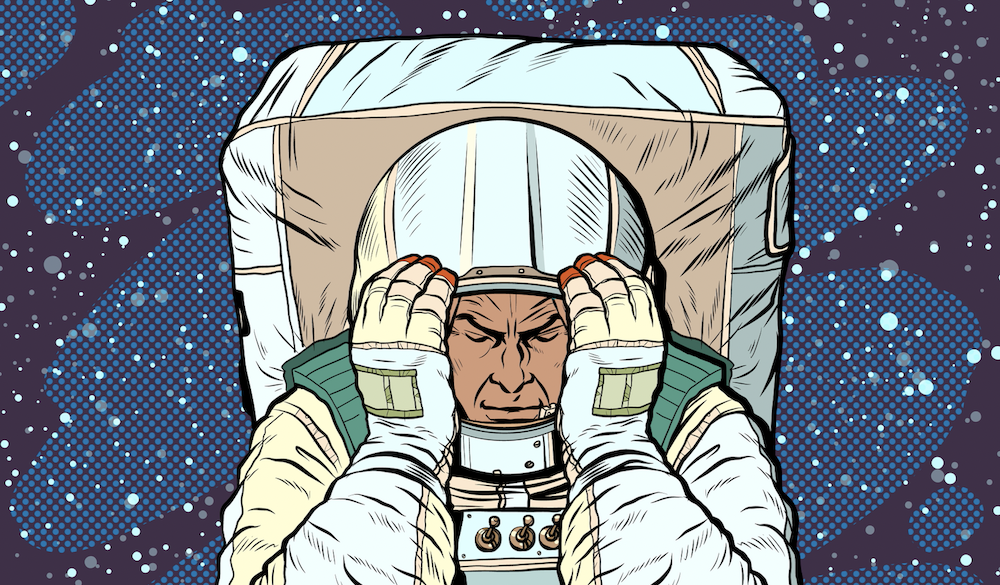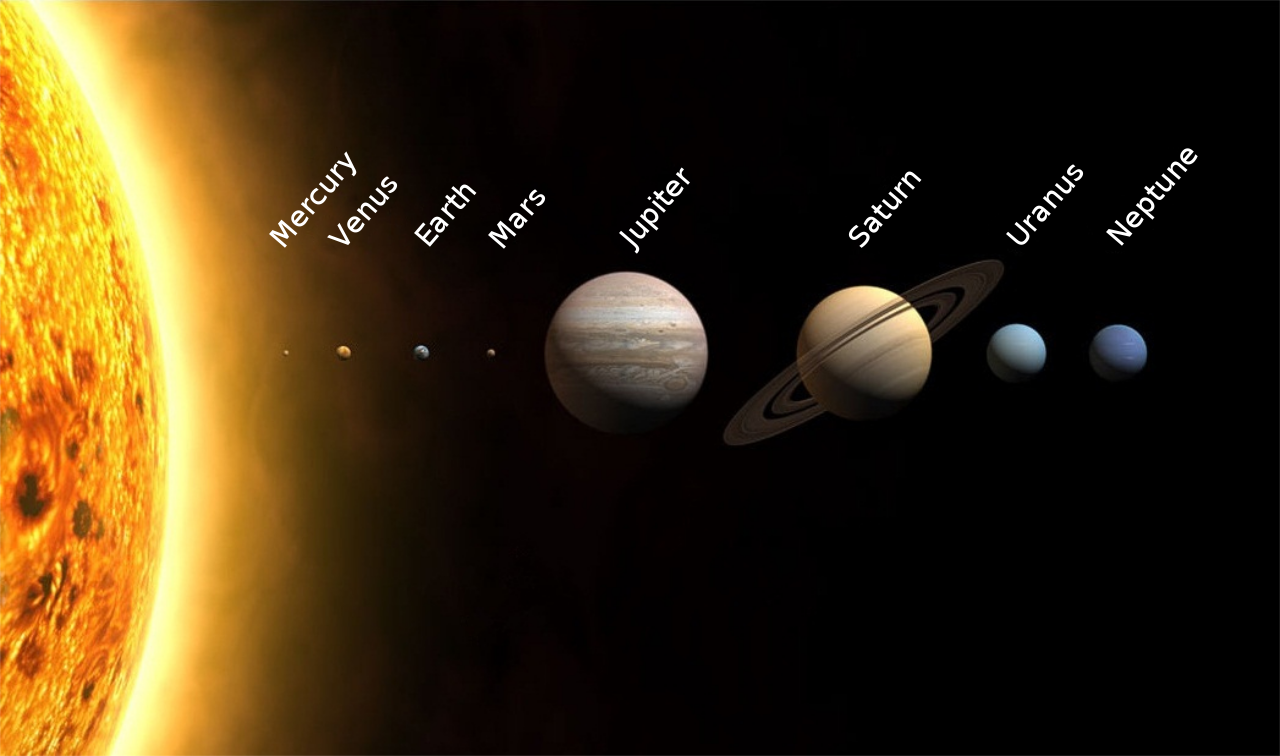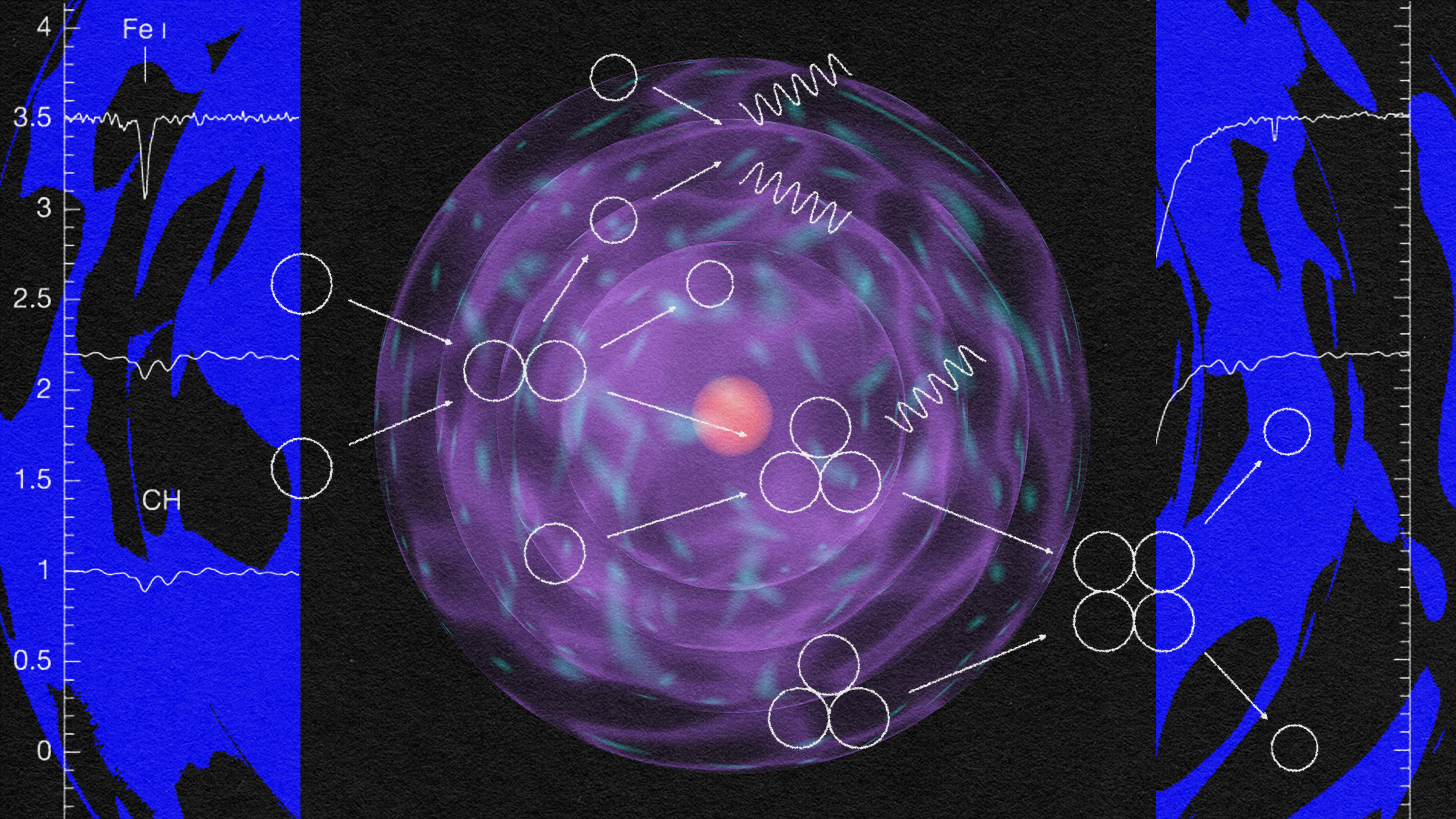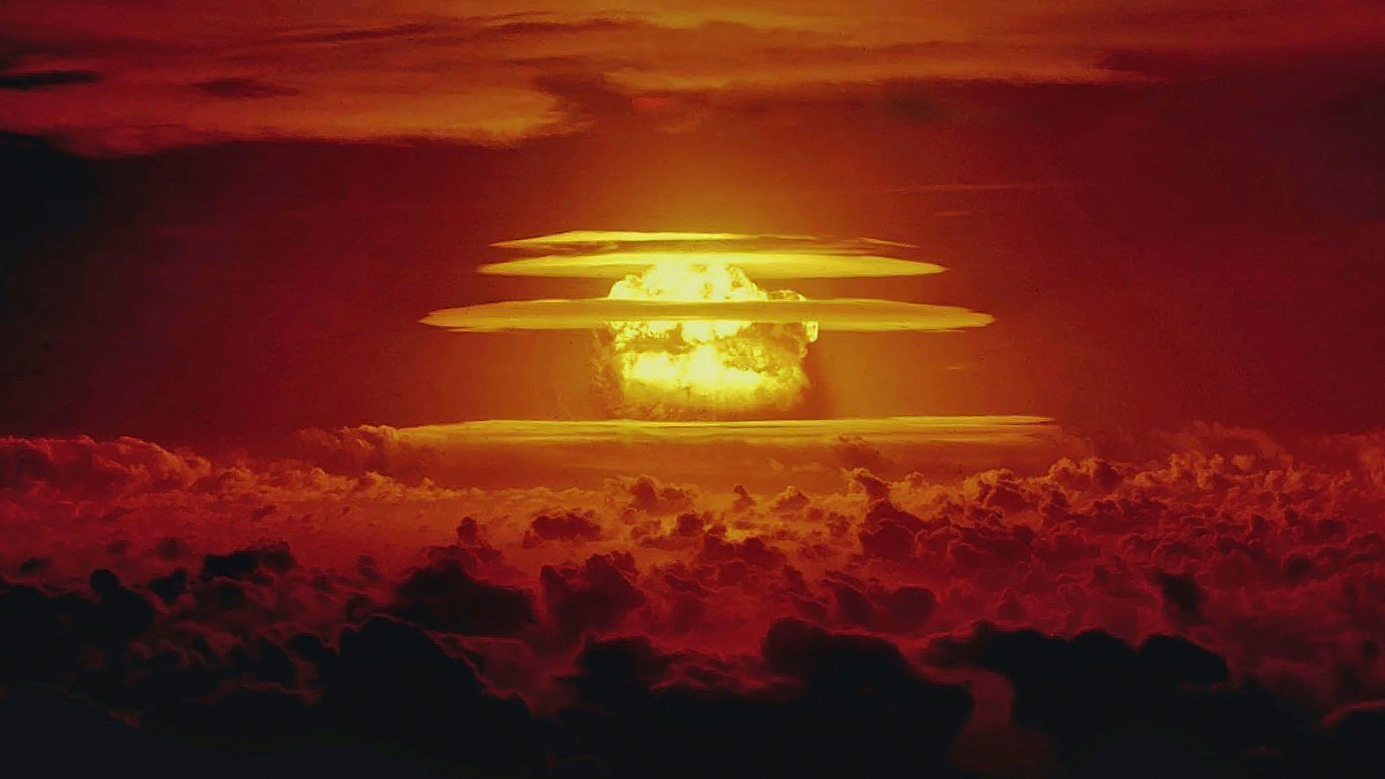Hybrid working, robot fast food workers, and the rapid acceleration of NFTs are just the beginning.
Search Results
You searched for: D
There’s a speed limit to the Universe: the speed of light in a vacuum. Want to beat the speed of light? Try going through a medium!
The Michelson-Morley experiment of 1887, despite expectations, revealed a null result: no effect. The implications were revolutionary.
Carl Jung was one such person.
Medical psychologist Catherine Monk explains how prenatal mental care benefits both mothers and babies.
The Big Bang’s hot glow faded away after only a few million years, leaving the Universe dark until the first stars formed. Oh, the changes!
The same brain differences that contribute to left-handedness also contribute to psychotic disorders. But there’s a bright side.
It is a story with nebulous beginnings and no discernible end.
“All moments past, present, and future, always have existed, always will exist.”
A researcher weighs in on who’s accountable, when and why, in the eyes of the law — and whether the measures work as intended.
Guided by ultrasound waves, swarms of microrobots could soon be used to deliver medicine to targeted sites in the body.
A next-generation LHC++ could cost $100 billion. Here’s why such a machine could end up being a massive waste of money.
Using cellulose from trees and a synthetic polymer, MIT researchers have created a material that “is stronger and tougher than some types of bone, and harder than typical aluminum alloys.”
Data from NASA, ESA, and Roscosmos suggest that long durations in space cause changes in the brain, some of which are linked to vision problems.
The book “The Genesis Machine” outlines the promise and peril of synthetic biology, a powerful tool that will allow us to program life like a computer.
One reason saving is hard: We tend to view our “future selves” as complete strangers, and our decisions in the present moment reflect that.
Contrary to common experience, not everything needs a medium to travel through. Overcoming that assumption removes the need for an aether.
In determining what qualifies as solid science, controversy is inevitable.
Despite being the closest planet to the Sun, Mercury “only” reaches 800 °F at its hottest. Venus is always hotter, even at night.
The threats Mars astronauts face — and how NASA is working to solve them.
A new tuna robot leads the way to more agile underwater robots and drones.
The first elements in the Universe formed just minutes after the Big Bang, but it took hundreds of thousands of years before atoms formed.
These composers channeled the horror of the Holocaust and Hiroshima while honoring those who lived through it.
Financial setbacks are more common than you might think.
Grandmasters and drug dealers have one thing in common: They are many steps ahead of their rivals.
A new method is able to create realistic models of the human heart, which could vastly improve how surgeons train for complex procedures.
We often laugh at inappropriate things, but not when we are emotionally invested. Laughter cannot be serious. So, can we ever laugh at death?
Using image analysis tools developed for astronomy, researchers are predicting cancer therapy responses.
Some analysts predict that Amazon’s revenue will double over the next five years.
The jail environment teaches the animals that approaching humans results in a boring and annoying experience.

